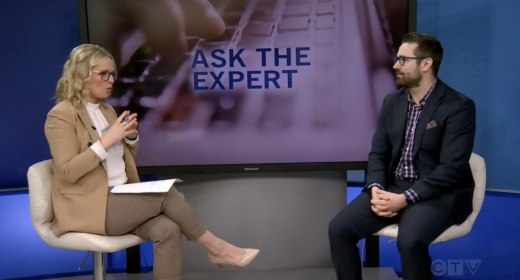The Government of Canada may be holding on to more of your money than you’d like, but at least there is one easy way of getting some of it back. The Bank of Canada administers a program that manages unclaimed balances. These may exist in the form of Canadian-dollar bank accounts, deposits or negotiable instruments (i.e. a certified cheque), and are held or issued by federally regulated banks and financial institutions.
Where there has been no activity in relation to these balances for a period of at least 10 years, and the financial institution is unable to contact the original account holder, the financial institution will transfer the balance to the Bank of Canada. Upon receipt of the monies, the Bank of Canada will hold the funds in trust on behalf of the owner for 30 years (or 100 years if the balance is more than $1,000). You can search the Bank of Canada’s Unclaimed Balance database by clicking here.
While most of the unclaimed balances held in the program by the Bank of Canada are of small value (over 93% of the accounts contain under $1000), at the end of 2014, the Bank was in possession of approximately 1.5 million accounts. These 1.5 million accounts represent approximately $577 million in unclaimed balances. Some experts believe this represents a fraction of unclaimed and forgotten legacies in Canada.
Forgotten or dormant accounts, such as those that are part of the unclaimed balances program operated by the Bank of Canada, may be of special concern to Estate Trustees who are managing the affairs of an estate. One of the primary duties of an Estate Trustee is to ensure that an accurate inventory of the deceased’s assets is obtained and their value is ascertained. This includes the obligation to “get in” all of the testator’s assets, whether it has been specifically bequeathed or not.
A person who agrees to act as an Estate Trustee also assumes the responsibilities that come with the job. This includes the expectation that they will act carefully and prudently in the administration of the estate. A court will not expect more from an Estate Trustee than they would from a prudent person managing their own property, but if you typed your name into the Bank of Canada’s unclaimed balances search tool, an Estate Trustee would probably be expected to do the same.
The role of an Estate Trustee can be a difficult one to navigate. Our experienced lawyers can provide you with advice you can trust on Estate Administration, as well as Wills, Powers of Attorney, Trusts, Guardianship Applications, dependent support, asset protection, accounting, taxation, charitable giving, litigation, trusts and much more.


